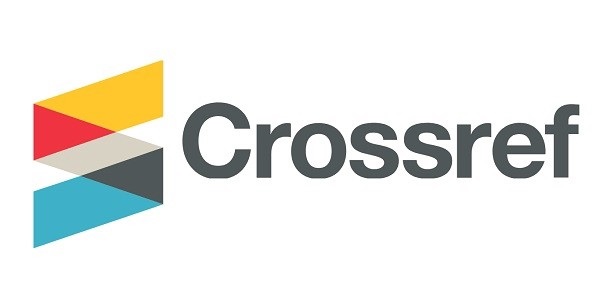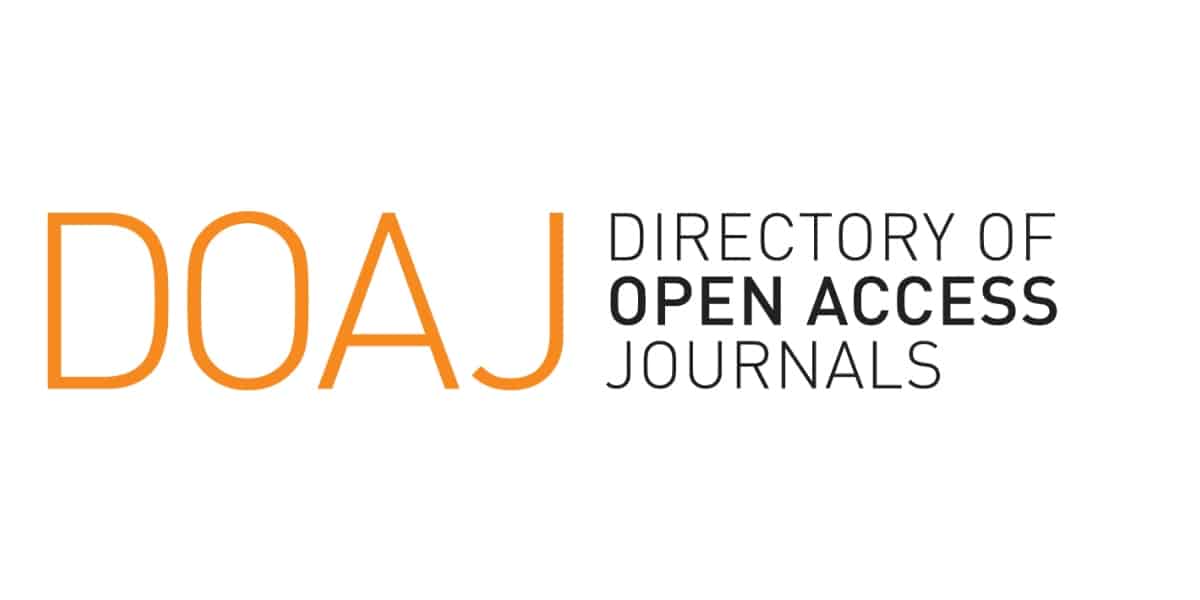OPTIMASI DISTRIBUSI TRUK PENGANGKUT SAMPAH MENGGUNAKAN ALGORITMA GENETIKA PADA SISTEM PENGELOLAAN SAMPAH KOTA BOGOR
Abstract
Waste is one of the problems faced by Bogor city, with waste production of 2,701 m3 per day. Waste management of Bogor city currently still has limited garbage facilities and infrastructure that make garbage not yet maximally resolved, including not having a regular schedule of truck distribution in serving sub-district waste. The aim of this research is to optimize the distribution of garbage transport trucks using genetic algorithms. The initial stage of the research carried out is the calculation of the waste generation projection based on population data from Badan Pusat Statistik with reference to SNI 19-3964-1994. Optimization with genetic algorithms consists of a selection process where this study uses the Roulette Wheel selection method, crossover, and mutation. The optimization process using genetic algorithms (GA) from the number of DLH trucks operating currently as many as 60 trucks in serving 490 polling stations (TPS) spread across six sub-districts in Bogor City, the distribution results are to West Bogor district 15 trucks, South Bogor district 13 trucks, East Bogor district 4 trucks, Central Bogor district 3 trucks, North Bogor 12 trucks, and 13 trucks for Tanah Sareal district. Optimization testing with GA showed that with 60 dump truck type trucks with a capacity of 7 m3 operating and transporting as many as 3 rit, the garbage transported is only about 46.64% of the total waste. To achieve the government's target regarding solid waste services of 80 until 85%, 110 trucks are needed.
Keywords : genetic algorithm, optimization, scheduling
_page-00013.jpg)






